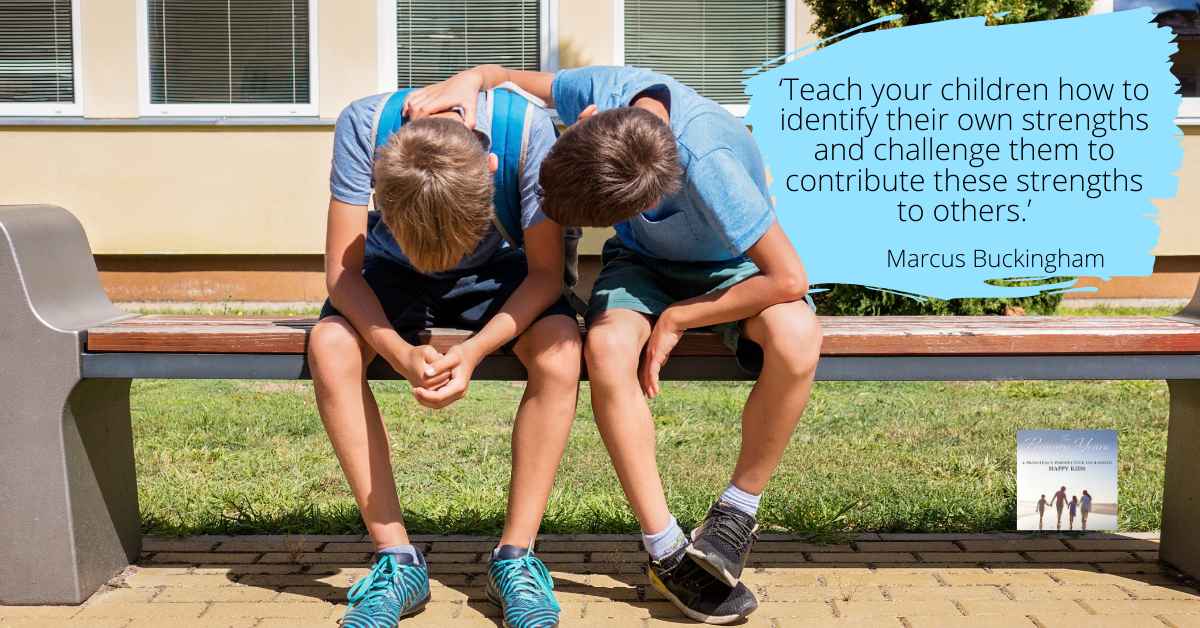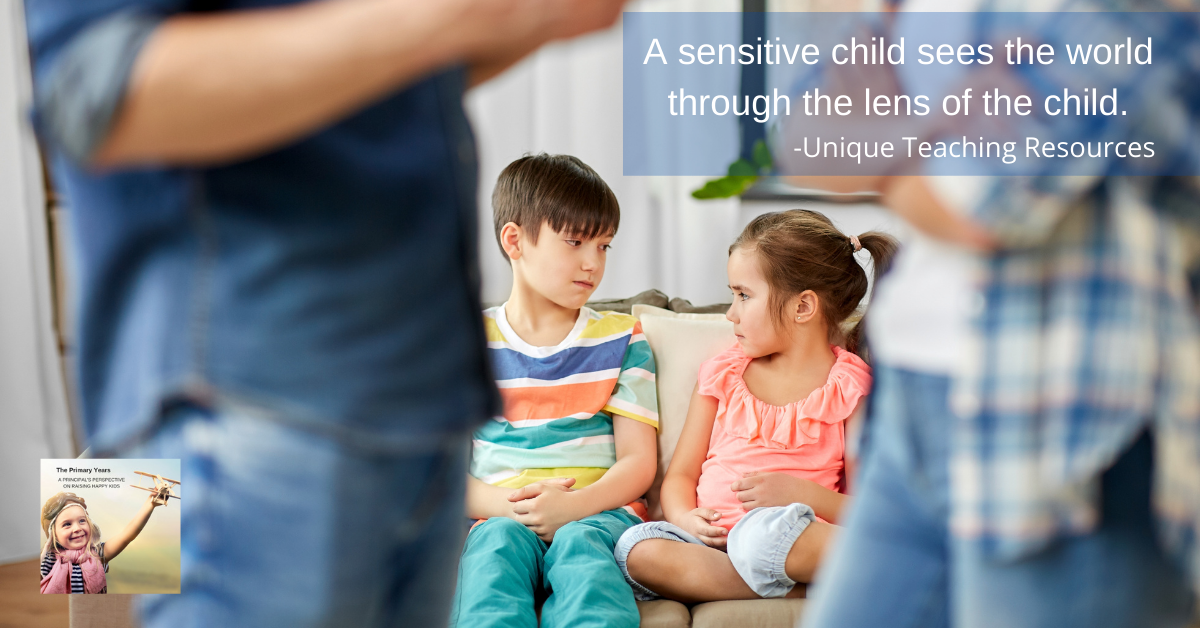The proactive approach for our children is the right way to go
Best to always avoid tricky situations than to dive into them unprepared. The consequences can be long, overcomplicated and perhaps could have been avoided with some proactive actions. As busy parents, who wants to deal with extra problems and find themselves in more complicated situations than is necessary? Being proactive requires some thought to foresee what is likely to happen and where possible go around the problem or divert the situation. When you know your child and how they respond to certain situations you are in the best position to be proactive.
Being proactive also has many benefits in building stronger, healthier relationships with your child.
By avoiding the little problems, you are less likely to have to deal with issues escalating to a new level. One problem can easily triple in a short time.
Better parenting is all about planning well and recognising the signs that can change a happy situation into a disaster in a flash.
It is healthier to be in a positive state with your child than to be regularly dealing with behavioural issues that can require discipline etc. In the first instance, they could have been avoided.
To be proactive, a parent looks for the best way to deal with some issue before it actually happens. This requires knowing your child and choosing occasions and times that work best for you. It may mean redirecting plans, reducing hostile conversations, noticing less trouble and generally looking for the positive in situations.
Be alert. Tired parents and children are not a good combination for avoiding conflict.
Put some family strategies in place that are proactive. For example, if your child is always running to find their bag for school, get them to put it near the door the night before. It is all about seeing a potential occasion where it can escalate making everyone unhappy.
Affirming your child is also a very proactive activity. The more they feel valued in doing the right thing, the greater possibility out will be repeated.
Be clear in your directions and make sure that your child heard your instructions before reacting. Sometimes busy times with poor listening can quickly escalate into problems when real listening has not occurred.
Look at the setup of your home. Are there places around the house that encourage sound relationships or are there obstacles that can cause tension such as computers in family spaces? For example, are bikes, toys etc. put in safe places that are accessible but not interfering with movement? Take a walk around the house, are there places and spaces that can be improved where a child will not break precious items, etc. The environment in the house should suit the age of your family.
Speak optimistically. This always suggests that there is no threat in your voice and that you are in no way upset. A child listens to their parents’ voices to get a measure of how they are valued. They are more likely to respond well and less reactive if feeling reassured.
Above all recognise that being a proactive person reduces tension, avoids unnecessary confrontation, builds stronger relationships and models to a child that working in a positive framework is a much more powerful and effective way of living happily and peacefully.
‘Being positive won’t guarantee you’ll succeed.
But being negative will guarantee you won’t.
-Jon Gordon



















